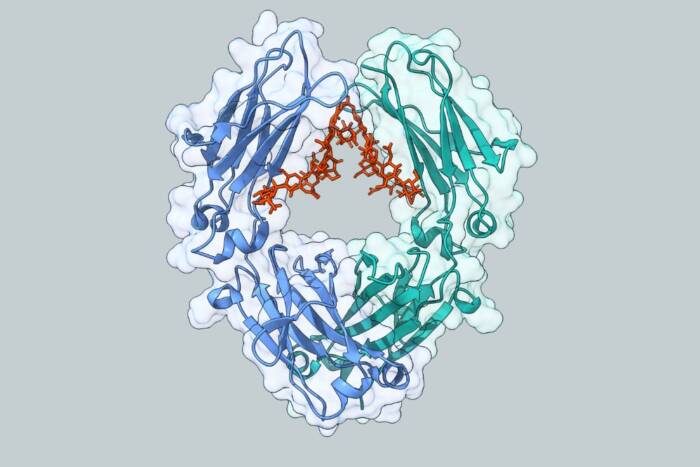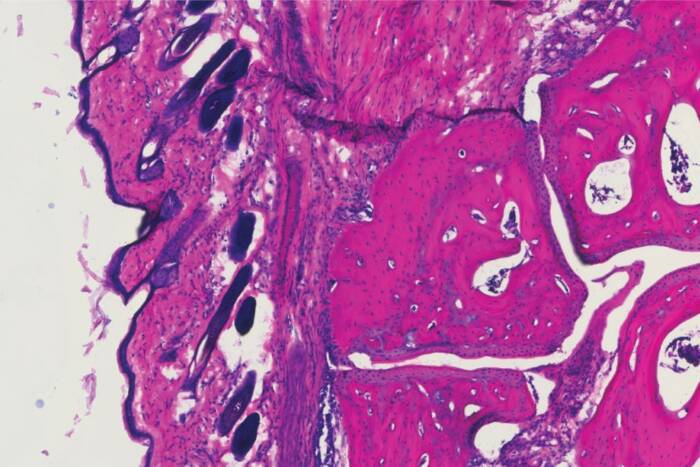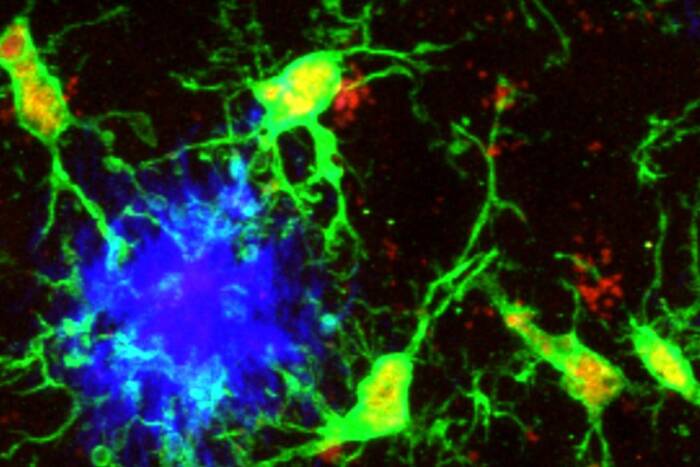High honors for Friedman, Fuchs
The scientific community’s spotlight was focused on Rockefeller University at the start of this academic year when two faculty members — Marilyn M. Simpson Professor Jeffrey M. Friedman and Rebecca C. Lancefield Professor Elaine Fuchs — each received two highly prestigious prizes. In June, Dr. Friedman received the Shaw Prize in Life Science and Medicine and in September he was awarded a share of the Keio Medical Science Prize, one of Japan’s highest scientific awards. Last month, United States President Barack Obama presented Dr. Fuchs with the National Medal of Science, the nation’s highest scientific honor, and she was also awarded the L’Oréal-UNESCO Award in Life Sciences, which honors exceptional women scientists.
Dr. Friedman’s awards recognize his research on obesity, a significant global health problem. His discovery of and groundbreaking research with the hormone leptin has provided a genetic explanation of obesity and has challenged the popular belief that willpower causes people to be obese. The Shaw Prize, which comes with $500,000, is widely known as the “Nobel Prize of the East.”
Dr. Fuchs, along with eight other laureates, received the National Medal of Science from President Obama at a White House ceremony on October 7. She is the 14th Rockefeller scientist to receive the award since it was established in 1959. Additionally, she is one of five women representing five continents who were awarded with the L’Oréal-UNESCO prize.
Dr. Fuchs was honored for her pioneering research in mice that has increased our understanding of the basis of inherited diseases in humans, and her contributions to our understanding of the biology of skin and its disorders, particularly her investigations with adult skin stem cells, cancers and genetic syndromes.
Below, video interviews with Drs. Friedman and Fuchs following their awards.
|
“The truth is you do science — at least I do science — mostly for moments when you see something in a way you didn’t before, or learn something new. You have that experience all the time in science and I would say certainly the discovery of leptin was quantitatively greater than what I’ve experienced in other instances. If I ever stop experiencing that sense of excitement I probably ought to think about doing something else. I haven’t gotten to that point yet.”
“When we say the system that leptin regulates is complex, in a sense what we are saying is that behavior is complex, because leptin is not the only thing that drives feeding behavior. On the other hand, the ability to now study a behavior in response to a single stimulus — like giving leptin — gives us an opportunity in the future perhaps to really dissect, in greater detail and with a greater level of understanding, how we decide whether or not to go foraging.” “I never really thought I would stick with studying skin, but there were so many fascinating questions. How can the outer surface of our skin, and our hair, be generated from the same cells? I find that remarkable. What a structural feat, to create two different tissues with completely different organization, completely different features, yet it all comes from one single layered epithelium on the surface of the embryo.” “I called my mom, who is now close to 88. I said, ‘Would you like to make a trip to the White House?’ And this was kind of interesting because she basically had indicated to me that she didn’t think she was ever going to travel again, that at her age it was just too much of a hassle. Of course, that was to come to New York City. This was to come to the White House and she immediately said ‘Absolutely, I’m not going to miss this for anything!’” |


